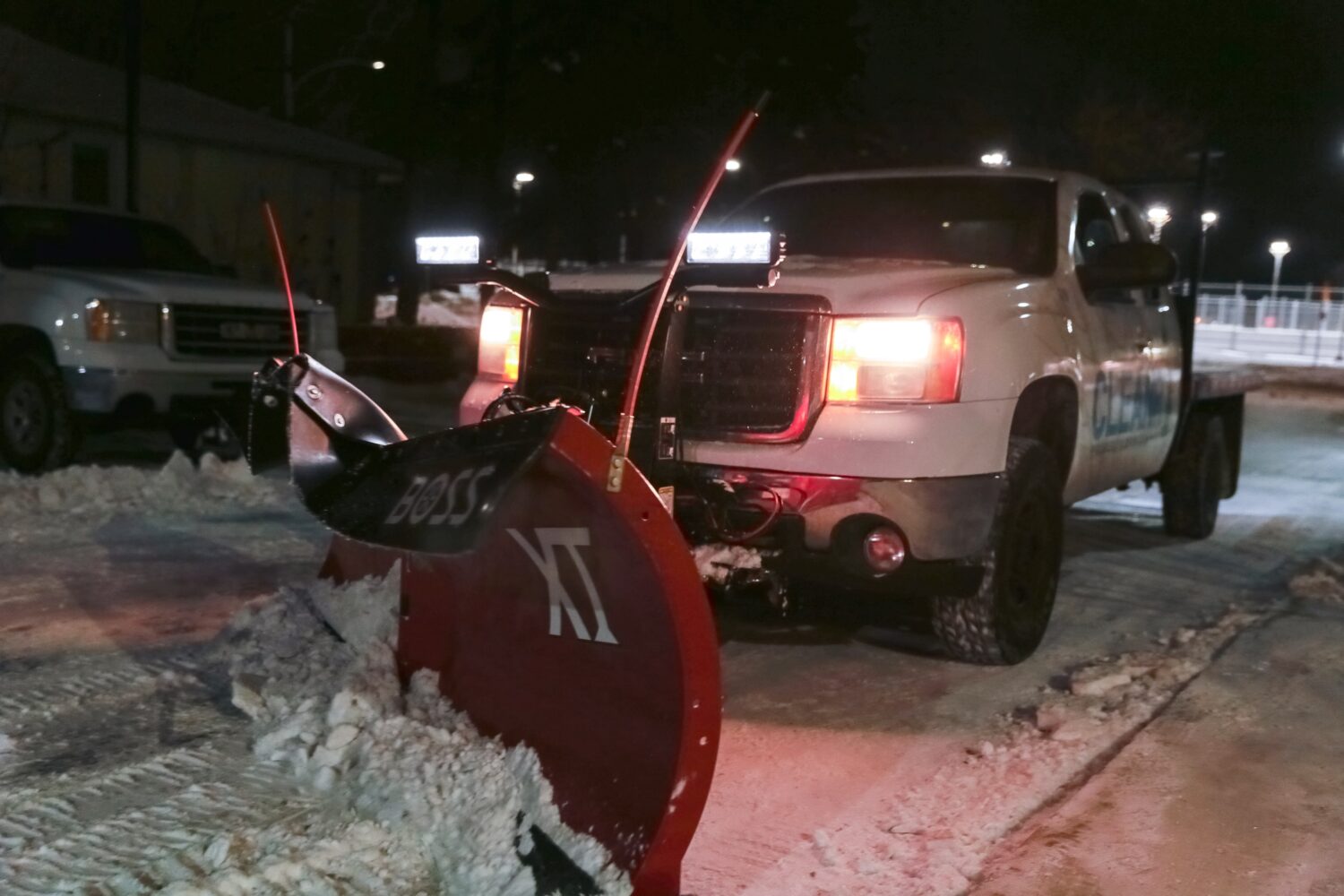Here’s the short answer: Canadian business owners, including landlords, can deduct snow removal expenses. Residential homeowners in Canada can’t deduct snow removal expenses—even if they have a disability that limits their mobility.
In this article, we’re going to teach you everything you need to know about deducting snow removal expenses when you do your taxes:
Who Can Claim Snow Removal Expenses?
Canadian business owners can deduct snow removal expenses, including Canadians who rent out properties to generate income. The deduction for business owners falls under Line 8960—Repairs and Maintenance. Snow removal is not a capital expense, and it’s a necessary part of maintaining properties you use to earn business income.
Line 8960 allows you to deduct the cost of materials and labour, meaning that professional snow removal services qualify for the deduction. Additionally, individuals who run a business from their home may be able to deduct a portion of the cost of snow removal services.
Canadians who are not using their property to earn business income do not qualify for this deduction. Snow removal services are not included under the medical expense tax credit (METC) or under the home accessibility tax credit (HATC).
In short, you do not qualify to claim snow removal expenses unless you’re a business owner.
What Snow Removal Costs Are Deductible?
All snow removal costs that are essential to the routine maintenance of properties used for business income are deductible. This includes snow removal on:
- Sidewalks
- Parking lots
- Driveways
- Roofs
- Walkways
- And more
How Much Can You Deduct for Snow Removal?
Under Line 8960, you can claim many costs related to snow removal aside from the value of your own labour—this includes the value of labour (like snow removal services) but may not include the costs of snow removal equipment (like snow blowers and shovels). The latter is claimed over time due to depreciation under Line 9936—Capital cost allowance (CCA).
Those who are running their business from home must follow the business-use-of-home expenses regulations—typically, this will involve calculating how many hours of the day you use your home for work, then dividing the total cost of your snow removal expenses by that amount (for example, if you work 8 hours every 24 hours, 1/3rd of your snow removal expenses may be eligible for the Line 8960 deduction).
Record-Keeping Requirements
To deduct your snow removal costs, proper record-keeping is essential. You should keep receipts of every transaction. Your paper trail should include:
- The name and address of the snow removal company
- The dates that snow removal service was provided
- The addresses where snow was removed
- The amount you paid
Common Snow Removal Questions
Can I deduct snow shovel purchases? Business owners can deduct the depreciation of shovels under capital cost allowance (CCA).
Are sidewalk clearing costs deductible? Yes, business owners can deduct the price of professional snow removal services clearing sidewalks on Line 8960.
What if I clear the snow myself? You cannot deduct your own labour costs. You can, however, deduct the depreciation of snow removal equipment under capital cost allowance.
Can I deduct travel to buy a snowblower? Travel costs may be deductible if a) the primary purpose of your travel was to purchase equipment for your business and b) if the travel costs were less than the cost of shipping. Even then, the cost of gas or public transportation may be added to the capital cost of the items purchased rather than as its own business expense. In these circumstances, it would be claimed under Line 9936 rather than under Line 9200—Travel expenses. Always consult with a tax professional when filing business taxes.
Here at Cleanr, our goal is to help you maintain your property for less. We’re not tax professionals, but we hope this guide has helped you to better understand when you can deduct snow removal expenses. Looking for professional snow-clearing services? Call us today!


